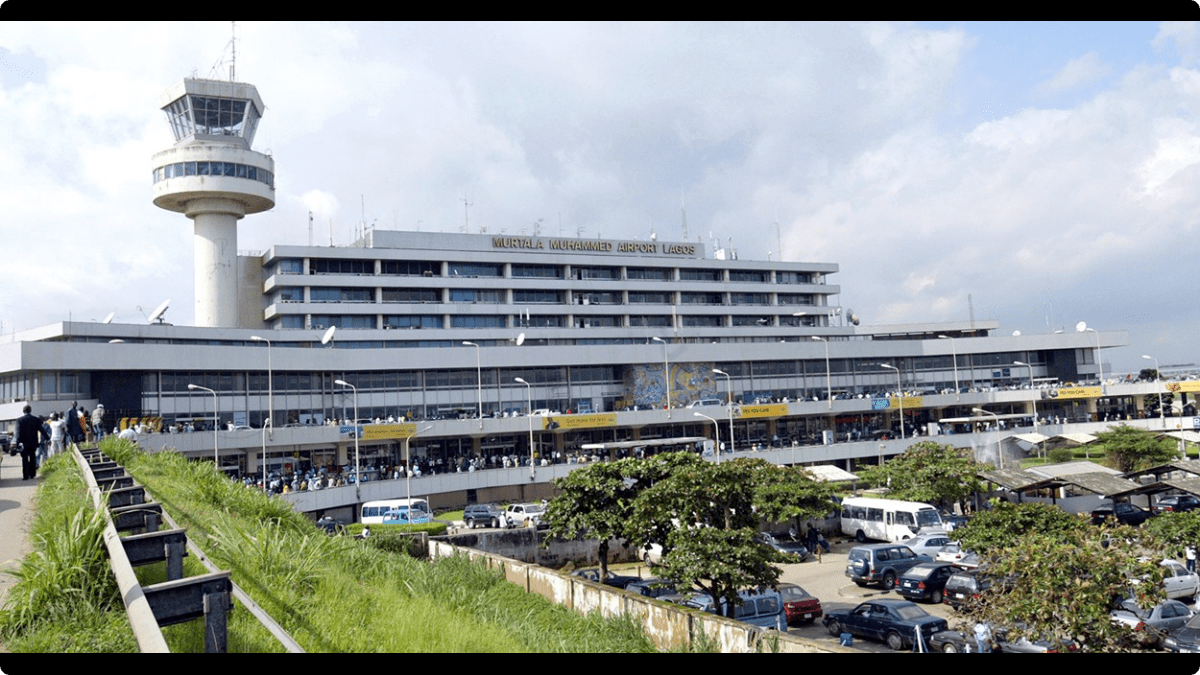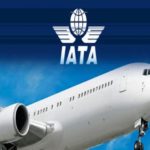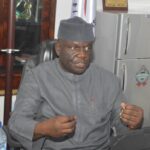
There have been many complaints from airlines and passengers since international flights started on September 5, 2020.
Passengers have complained that the COVID-19 protocol has been very stringent and inefficient such that travellers are finding it difficult to abide by the rules. This is because the PTF on COVID-19 has decided that government health institutions would not conduct tests for travellers, so they designated private hospitals and laboratories where the tests could be done.
But feedback from passengers indicate that the private COVID-19 test centres charge N50,450 per test and the Nigeria Centre for Disease Control (NCDC) portal is difficult to access, thus making it difficult for arriving passengers to clear the COVID-19 status.
Also because there are not many places intending travellers can do the test in Nigeria, it is difficult for many of them to conduct the test and get results as at the time they wish to travel.
THISDAY learnt that some of the foreign carriers complain that they want to operate more frequencies to Nigeria but are allowed fewer flights into the country.
For example, African World Airlines (AWA) before the COVID-19 lockdown used to operate five times daily between Accra, Ghana to Lagos and 11 times a week between Accra to Abuja but after the restart on September 5, 2020, AWA operates five times a week to Lagos and four times a week to Abuja.
“But there are many Nigerians in Ghana willing to return to Nigeria but there is no capacity. What we are allowed is just 250 seats a week. That is too small and currently there is no other airline on that route, except few occasions when Asky operates to Nigeria,” a source said.
THISDAY visited the international wing of the Murtala Muhammed Airport (MMIA), Lagos and spoke to some travellers and airport officials who conceded that flight operations were not as smooth as initially envisaged, especially for arriving passengers who have to face COVID-19 protocols.
They complained of the overzealous attitude of security operatives who make certain demands from passengers beyond the protocols acknowledged by PTF on COVID-19 and the Nigerian Civil Aviation Authority (NCAA).
Tourism Consultant and Vice-President (South East) Federation of Tourism Association of Nigeria and operator of Zigona Travels and Tours Limited, Ngozi Ngoka told THISDAY that despite the aforementioned hitches, there have been smooth flight operations and Nigerians are coming back into the country, while outbound passengers are also leaving the country.
“The only problem we have is that some countries are not allowing our citizens into their destinations because of COVID-19 and we have reciprocated that gesture, so some airlines are now allowed to come into the country but it is something we must have to bear because we cannot continue to be slaves to foreign countries and their airlines; there must be balance of trade and we support the position of our government in this.
“Flights that operated so far have been smooth. But we have many flights that want to come but we don’t have the capacity because government does not want to take in the number of passengers the airports cannot manage in terms of COVID-19 protocols. So there are not many passengers coming in,” she said.
With the implementation of the principle of reciprocity by the federal government, many countries have started negotiating with Nigeria over the measures they introduced to bar Nigerians from their shores and last weekend the European Union held a meeting with the Ministry of Aviation and on Sunday the United Arab Emirates (UAE) opened a line of discussion with Nigeria in order to avoid the Nigerian government’s decision to bar Emirates Airlines from operating from the West African country.
THISDAY gathered that before the Monday date (September 21), UAE authorities had met to consider issuing visa to Nigerians in order to prevent the ban by the Nigerian government.
According to Emirates spokesperson, “Emirates remains committed to serving its two Nigerian points, Abuja and Lagos, to connect our customers to and through Dubai to Emirates’ global network, and meet the growing demand for air travel in and out of the country.
“Emirates is working closely with the UAE and Nigerian authorities, and will communicate any updates to our customers. We look forward to continue serving our customers in Nigeria.”
But travel expert and the organiser of Akwaaba African Travel Market, Ikechi Uko noted that the principle of reciprocity adopted by the Nigerian government was good because Nigeria has comparative advantage in human capacity.
“Our biggest export is human. So our laws and foreign policy should be designed to protect our assets: humans. So any country that injures our economic interest should receive a similar injury to their interest. That is the unwritten text of reciprocity. It should not be in like terms. Reciprocity is accepted in diplomacy. Ghana just showed us an example. We closed our borders; they closed Nigerian shops. That’s Reciprocity 101,” he said.
THISDAY






